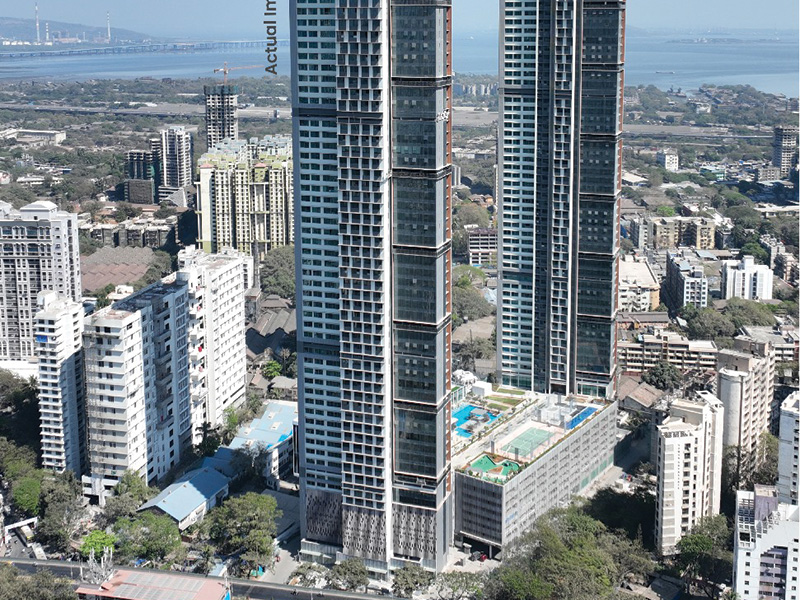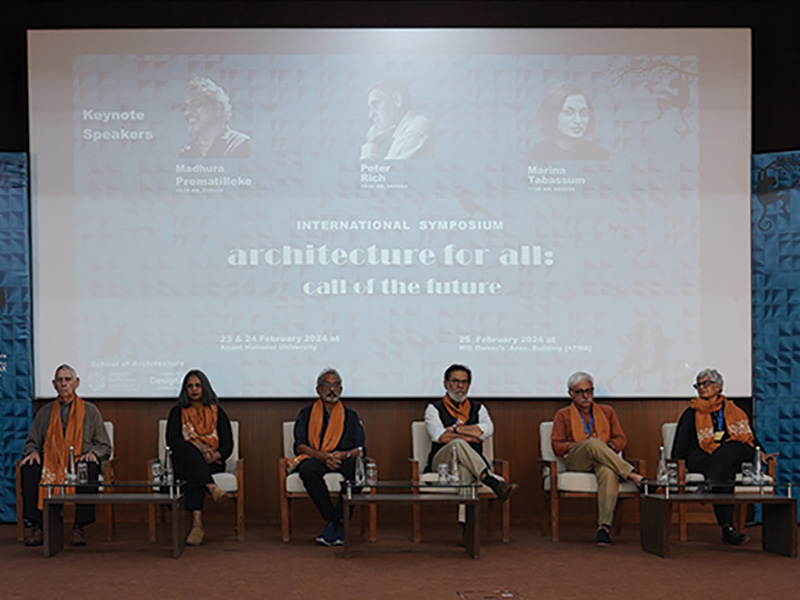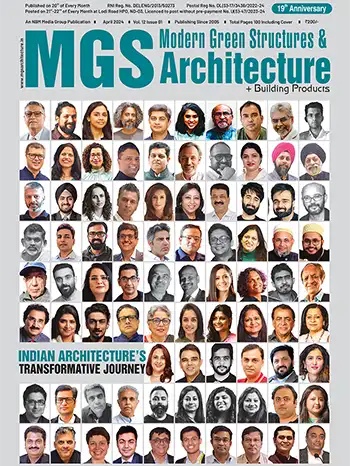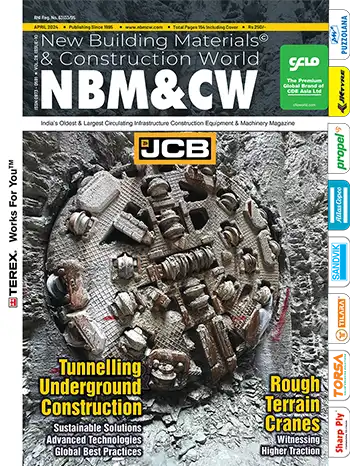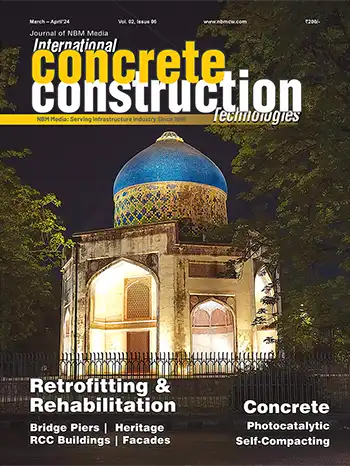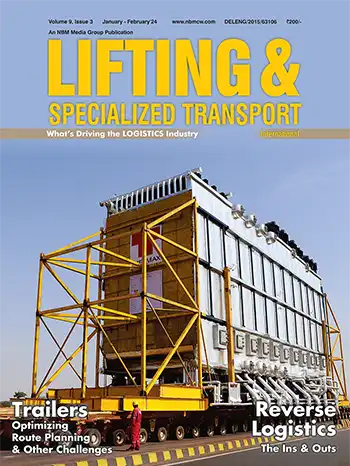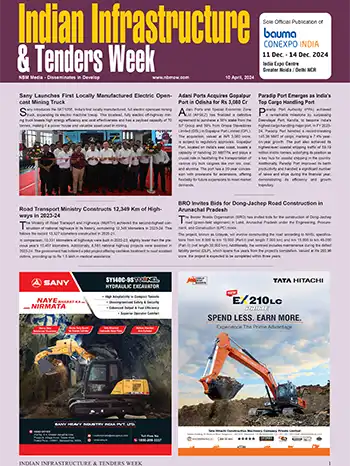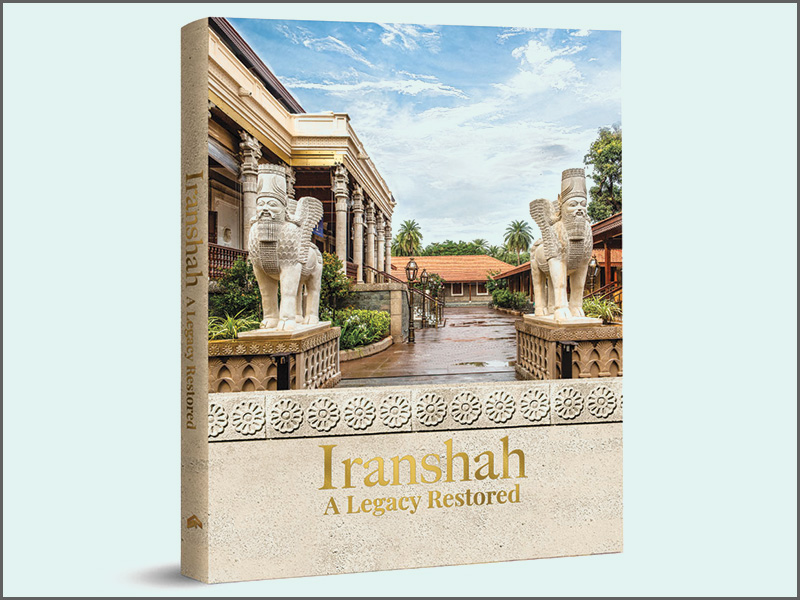
“The restoration of the tash Behram is in gratitude to the legacies our priests have preserved. And although all that is written is not enough to express the effort and perseverance of the teams, the book is a tribute to everyone who has toiled on this restoration project,” said Shapoor Mistry, Chairman, Shapoorji Pallonji And Company.
The Iranshah tash Behram building was constructed nearly 130 years ago and consecrated on 31st October 1894. Vada Dasturji Khurshed Dastoor of the Iranshah tash Behram, feeling the need to repair and upgrade the deteriorating physical condition of Iranshah, approached Shapoorji Pallonji, with an appeal to help, not just by providing funds but also the firm’s construction experience honed over more than 155 years.
Over the last century, this building and other structures in the campus had undergone many changes and renovations. The aim was to restore the buildings as originally envisaged by Bai Motlibai Manockjee Wadia, who’s generous contribution led to the construction of the tash Behram. The construction of the buildings adhered to strict religious doctrine, and every restoration decision was taken only after consultation with the Udwada Anjuman Association (UAA), the nine priestly families who serve the Iranshah fire. On 14th December 2021, just after midnight, the Iranshah tash Padshah moved back to its throne in the restored tash Behram.
Shapoorji Pallonji conducted a detailed examination and prepared a meticulous plan for strengthening the structural stability of the buildings. The restoration proved to be more complex than anticipated due to the lack of technical drawings or plans of the buildings, which are of significant value in the process of restoring heritage structures. On ground discoveries led to modification of workflow plans while adhering to the requirements of religious customs and practices followed by the priests. Hence, a decision to publish this book was taken to build a visual record and provide comprehensive data to aid future generations in preserving the tash Behram and other buildings in the compound.
This book is a collective effort of the teams at Shapoorji Pallonji, with guidance and support from scholars of Zoroastrianism, professionals and firms towards crafting the manuscript on the revered Iranshah tash Behram, the principal place of worship of the Parsi, Irani Zoroastrian faith and community.
The hardcover is available in Kitabkhana, Mumbai, and will soon be available on www.amazon.in.



